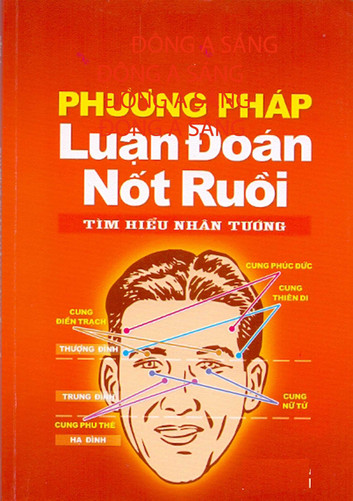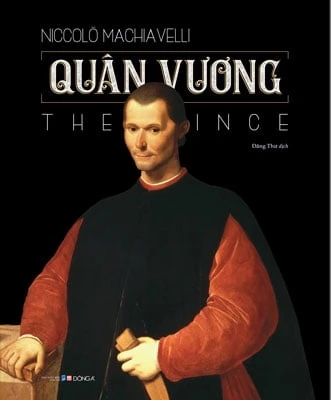South of the Border, West of the Sun: A Review
Haruki Murakami’s South of the Border, West of the Sun is not a typical Murakami novel, yet it retains the author’s signature blend of surrealism, melancholia, and quiet observation. While lacking the fantastical elements more prominent in works like Kafka on the Shore, this novel delves deeply into themes of memory, regret, and the enduring power of love, exploring these concepts with a poignant and understated grace.
The narrative follows Hajime, a successful businessman, whose life is seemingly perfect. Yet, a chance encounter rekindles a long-dormant love for a woman he met decades earlier, Shimamoto. This encounter throws his carefully constructed life into disarray, forcing him to confront the unfulfilled potential and deep sorrow that have subtly colored his existence. The novel isn’t a fast-paced adventure; instead, it unfolds slowly, revealing Hajime’s memories and feelings in a measured, almost meditative rhythm.
Murakami masterfully portrays the complexities of human connection. The love between Hajime and Shimamoto is presented not as a grand, romantic gesture, but as a fragile, bittersweet echo of a past that can never be fully reclaimed. The novel explores the lingering impact of youthful love, the weight of unspoken words, and the frustrating inability to fully understand another person, even the one you believe you know best.
While the pacing may feel deliberate and even slow for some readers, it serves to amplify the emotional weight of the story. The lingering moments, the subtle details, and the evocative imagery contribute to a deeply affecting reading experience. The narrative is punctuated by dreamlike sequences and unexpected digressions, characteristic of Murakami’s style, yet these moments serve to illuminate the inner landscape of Hajime’s mind, rather than distract from the core narrative.
However, the novel’s restrained emotional expression might leave some readers wanting more. The characters, particularly Shimamoto, remain somewhat elusive, leaving their motivations and inner lives partially shrouded in mystery. This ambiguity, while fitting with the overall tone of the novel, could be perceived as a flaw by those seeking more direct emotional engagement.
Overall, South of the Border, West of the Sun is a beautifully written, introspective exploration of love, loss, and the passage of time. It’s a quieter, more subdued work compared to some of Murakami’s other novels, but its understated power and lingering melancholy make it a rewarding, if somewhat melancholic, read for those willing to immerse themselves in its contemplative atmosphere. It’s a testament to Murakami’s ability to evoke profound emotions through subtle storytelling and evocative imagery, leaving the reader long after the final page has been turned, reflecting on the enduring mysteries of love and life.


 Đang tải dữ liệu
Đang tải dữ liệu







Chia sẻ ý kiến của bạn